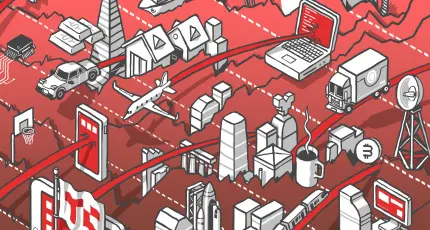Robotic process automation (RPA) unicorn
UiPath
last night priced its IPO at $56 per share
, above its raised price target range of $52 to $54
. The company sold 9,416,384 shares at that price, alongside 14,474,393 from existing shareholders. Its underwriters can purchase 3,583,616 shares at its IPO price if they so choose.
UiPath raised $527.3 million on a gross basis for the primary shares that it sold in the transaction, a deal that values the company at around $29.1 billion on a non-diluted basis. On a fully diluted basis, The Exchange calculates that UiPath is worth up to $31 billion.
***The Exchange explores startups, markets and money. ******Read it ***
every morning on Extra Crunch
*** or get The Exchange newsletter
every Saturday.***
UiPath’s pricing run has been fascinating to watch. The company first
proposed a $43 to $50 per-share IPO price range
; at that price, UiPath was worth $22.2 billion to $25.8 billion on a non-diluted basis. A coup? For a company that valued at just over $10 billion a year ago, you’d think so. The company’s final IPO price is nearly a tripling of its 2020 worth.
But for UiPath, things are complicated by a 2021 private round that valued the company at $35 billion, a figure that weighs somewhat heavily around the company’s neck.

Not that we should hold the final down-round IPO price differential against UiPath. It got away with raising $750 million at an inflated price before turning around and raising another half-billion at a more reasonable (more on that in a moment) valuation while providing all but its very final investors with excellent returns.
Its employees should do well, too, I reckon. (And Alphabet. Perhaps the company can now
afford to bring more of its contractors on full-time
thanks to, say, the nearly 21x return that its late-stage group CapitalG made on the 13 million UiPath shares it purchased during its Series B.)
Regardless, after watching the UiPath IPO pricing dance from its first S-1 filing through settling at $56 per share, I think the only parties that should feel a bit silly are the investors who decided that pushing up the value of the former startup by 3.5x in a less than a year was durable logic. Let’s talk about why.
 简体中文
简体中文

